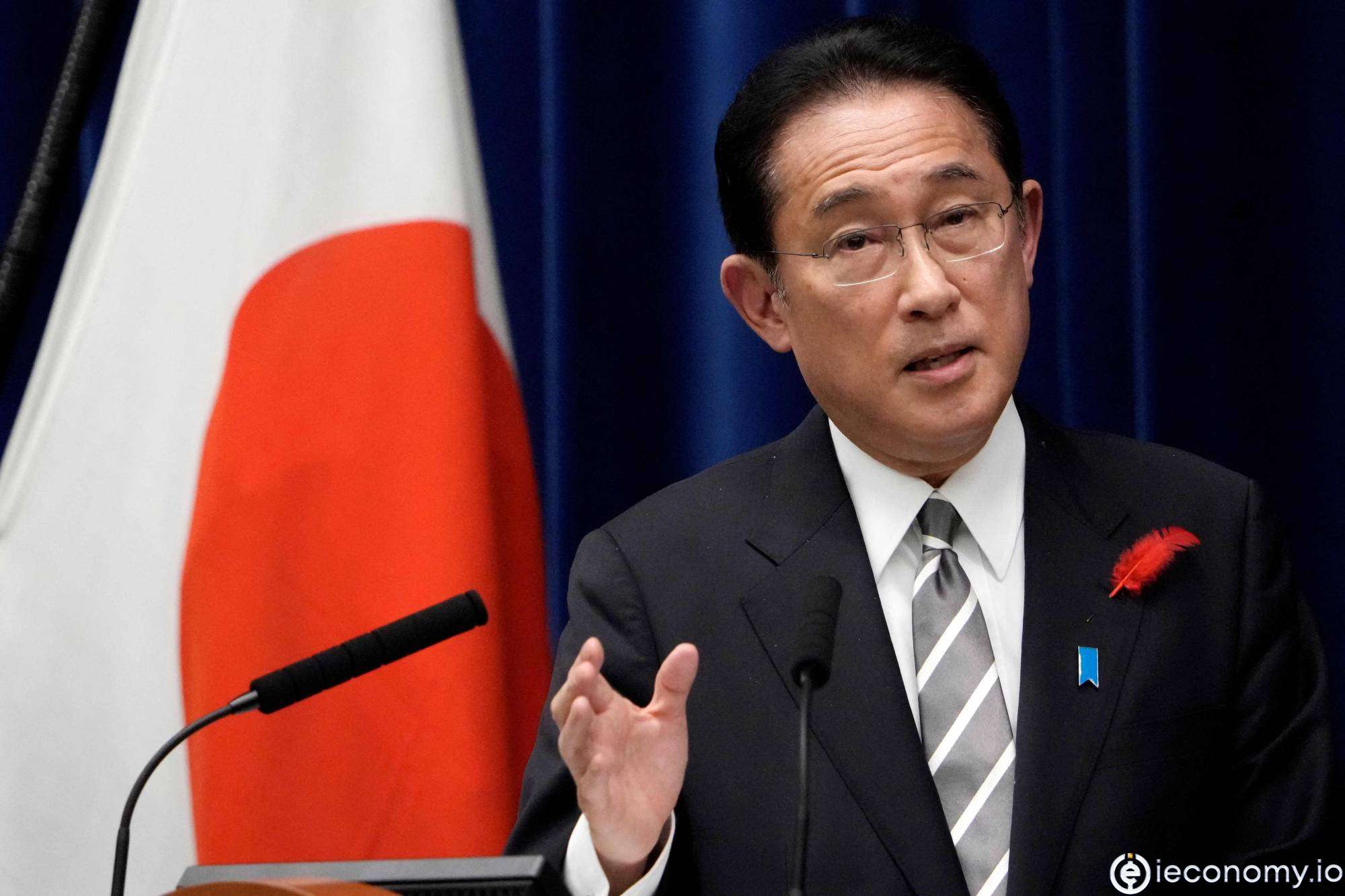5258
0
Japan's prime minister wants to end neoliberal fundamentalism
Japan's new Prime Minister Fumio Kishida has announced that he will move the country away from "neoliberal fundamentalism".

Yazar: Tom Roberts
Yayınlanma: 16 Ekim 2021 23:01
Güncellenme: 18 Şubat 2026 16:53
Japan's prime minister wants to end neoliberal fundamentalism
Japan's new Prime Minister Fumio Kishida has announced that he will move the country away from "neoliberal fundamentalism". At the same time he criticized the "Abenomics" called economic policy of his own party, which was shaped by the long-time Prime Minister Shinzō Abe. It was not possible to create broad-based growth, he told the Financial Times. The 64-year-old took over the leadership of the ruling Conservative Liberal Democratic Party (LDP) at the beginning of October and was elected Prime Minister by MPs from both chambers. His predecessor Yoshihide Suga was heavily criticized for dealing with the pandemic and has finally made room for a new party leader. Kishida wants to obtain a clear mandate from the population for the formation of a new government and has scheduled new elections for the end of October. Regulatory reforms are still necessary, said the prime minister. But he will concentrate on narrowing the gap between rich and poor. "Everyone has looked at reforms from the perspective of market fundamentalism, competition and the survival of the fittest," said the prime minister. "That's the problem with thinking about the past," said Kishida. "Abenomics has clearly had results in terms of gross domestic product, corporate profits and employment. But it has failed to create a 'positive cycle'," said the prime minister, referring to his two predecessors' program that has been running over the years had led to a doubling of the price of the Tokyo stock market. "I want to create a positive economic cycle by increasing the incomes of not just a certain segment but a wider range of people in order to stimulate consumption. I believe this is the key to how the new form of capitalism is moving from the past will differ, "he added. In Japan, the term “neoliberalism” mostly refers to the reforms of the 1990s and 2000s, including deregulation, privatization and labor market reform, rather than tight fiscal policies and cuts in public spending. Kishida is taking a calculated risk with his implicit criticism of Abe, Japan's longest-serving prime minister, who resigned in September 2020. The latest surveys show that his approval rating is just over 50 percent. That's significantly lower than most of his predecessors when they took office and, according to political analysts, a sign that his time to implement reforms may be short. Kishida has already withdrawn from reform. He had announced that he would increase taxes on investment income. But when the share price fell sharply, he cashed the proposal.İLGİLİ HABERLER





European stocks soared and focus shifted to German retail sales after Powell's speech!

Forex Signal For TRY/USD: Inflation Slowdown in November.

Forex Signal For GBP/USD: Bullish Trend Still Not Breaking While Recovery Continues.

Forex Signal For EUR/USD: Starry US Data Points to Higher Fed Increases.

Forex Signal For BTC/USD: Downside Continues as Bitcoin Recovery Moves Less.
En Popüler Haberler
Yorum Yap
Yorumlar
Henüz yorum yapan yok! İlk yorumu siz yapın...